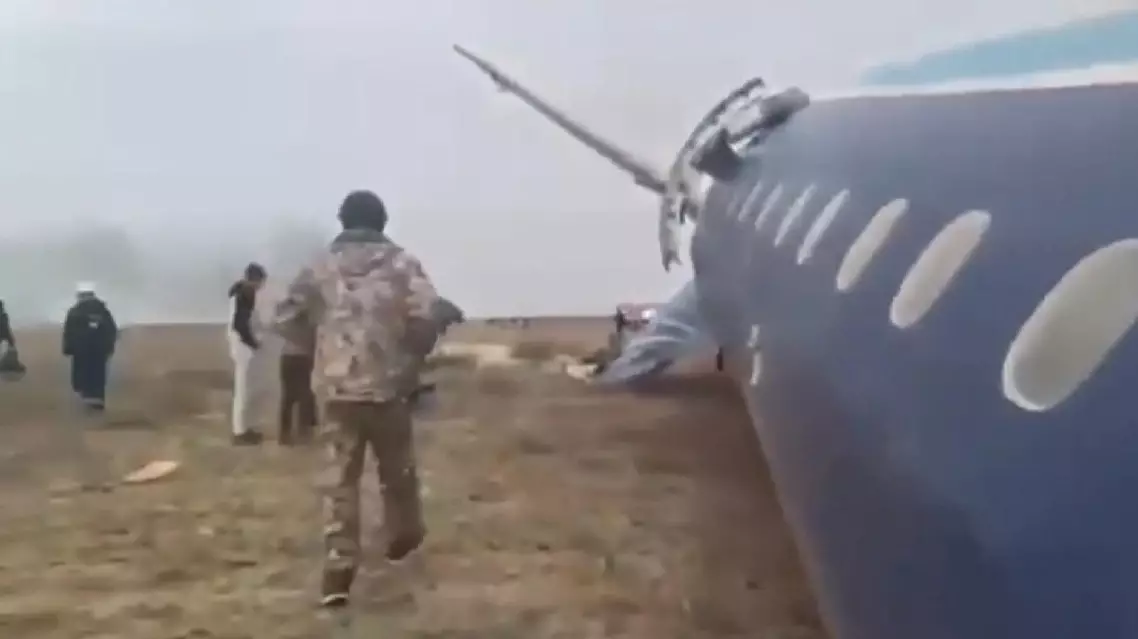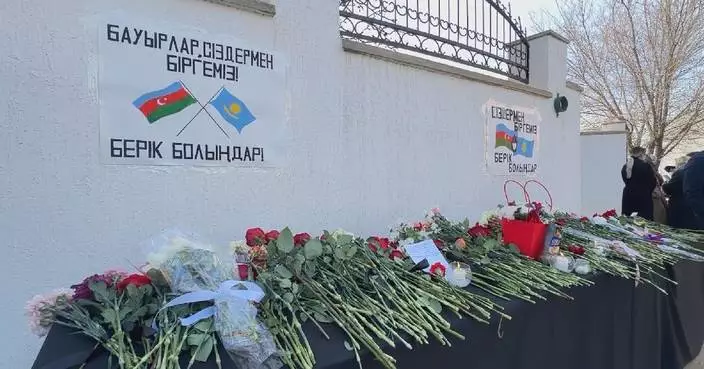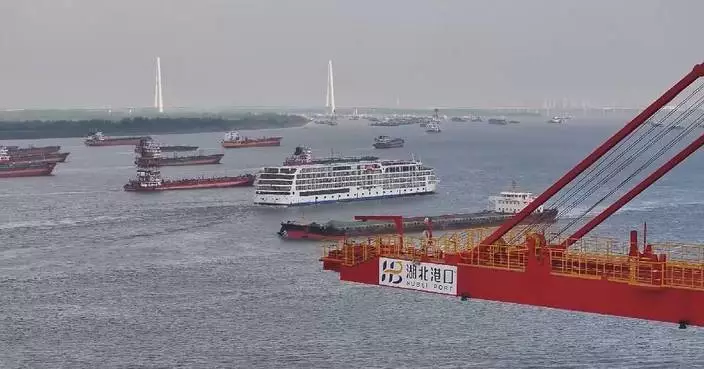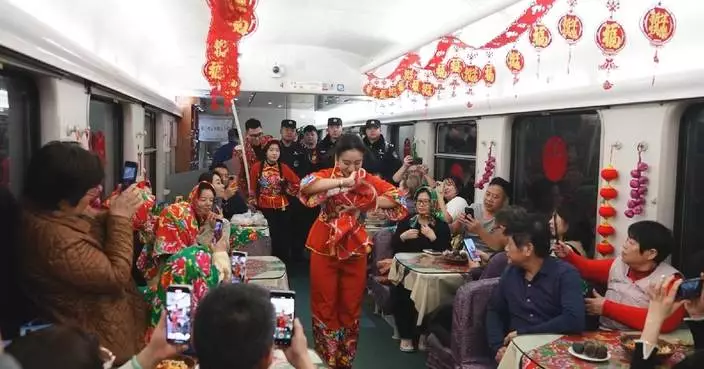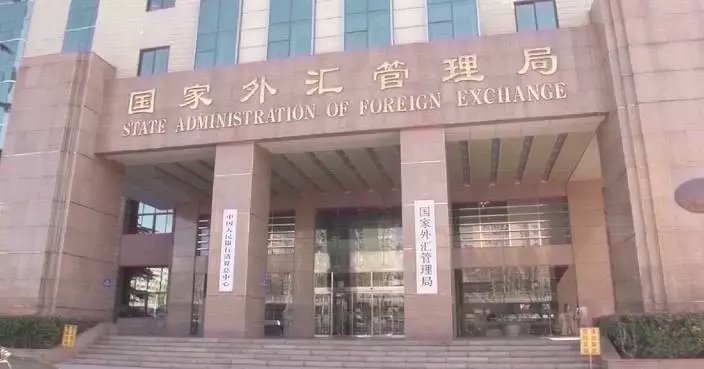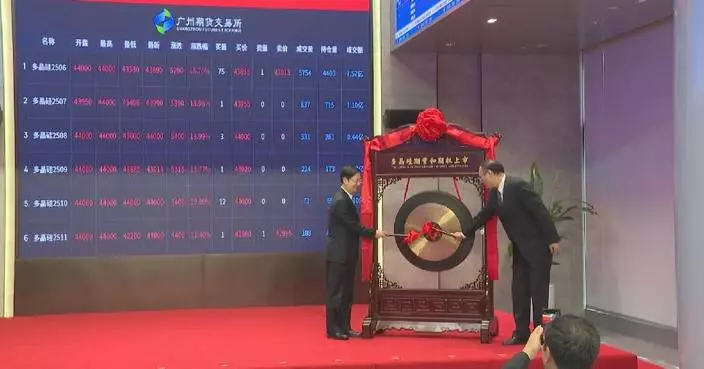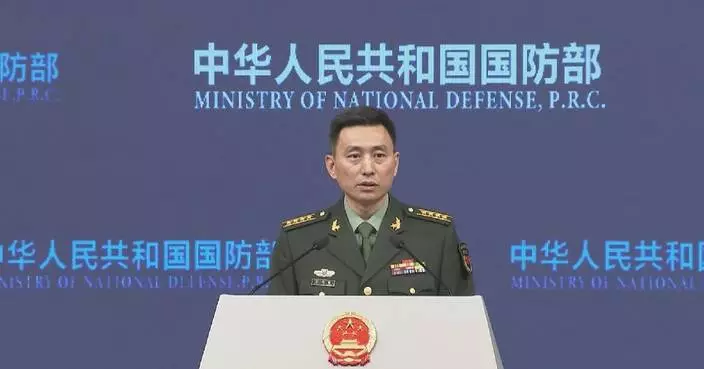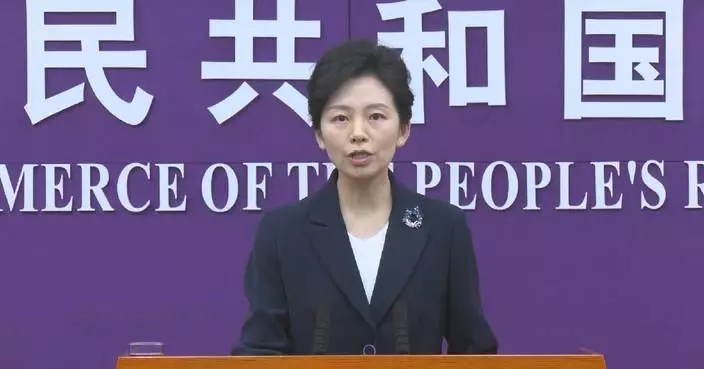Nepali Prime Minister's visit to China has strengthened bilateral ties and expanded cooperation to boost the southern Asian country's development, said former Nepali prime minister Jhalanath Khanal on Wednesday.
Nepali Prime Minister KP Sharma Oli has wrapped up his official visit to China from Monday to Thursday, at the invitation of Chinese Premier Li Qiang.
In an exclusive interview with China Global Television Network (CGTN), Jhalanath Khanal, who was in south China's Guangzhou City to attend the Understanding China Conference, shared his thoughts on the future of China-Nepal relations.
"There are a lot of opportunities and possibilities there to develop cooperation between our two countries. The transit facility has to be developed. And in the course of time, a transit treaty has been done, but no infrastructure at all. So we have to develop infrastructure. If we could connect railway between Nepal and China, it would be a great stride. I think that railway will connect China and South Asia. China and South Asia at this time are two most populous regions in the world," he said.
As many believe infrastructure cooperation under the Belt and Road Initiative (BRI) is one of the key topics on the agenda of Oli's visit, the former prime minister spoke highly of the initiative, and said there will be a huge potential for bilateral cooperation within this framework.
"The BRI project, I think, is a great initiative international project. And about more than 3,000 projects have been agreed in the process of implementation, and even 1.4 trillion dollars has been invested in this field," said the former prime minister.
Speaking of the China-proposed initiatives, namely the Global Development Initiative (GDI), Global Security Initiative (GSI) and the Global Civilization Initiative (GCI), the official said they are of great significance to global development.
"The initiatives are very important in the world context, because the Western powers are still trying to dominate the world, exploit the world. But China is pushing all the countries to become more and more independent, to stand on their feet," he said.
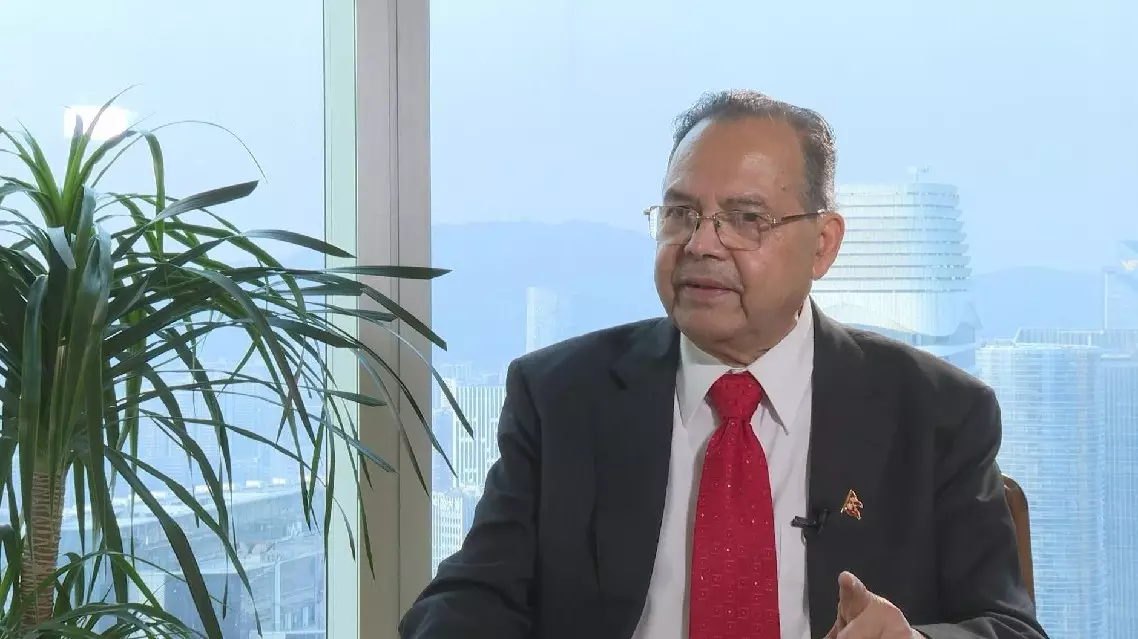
Nepali PM's visit to China expands bilateral cooperation: former Nepali PM


